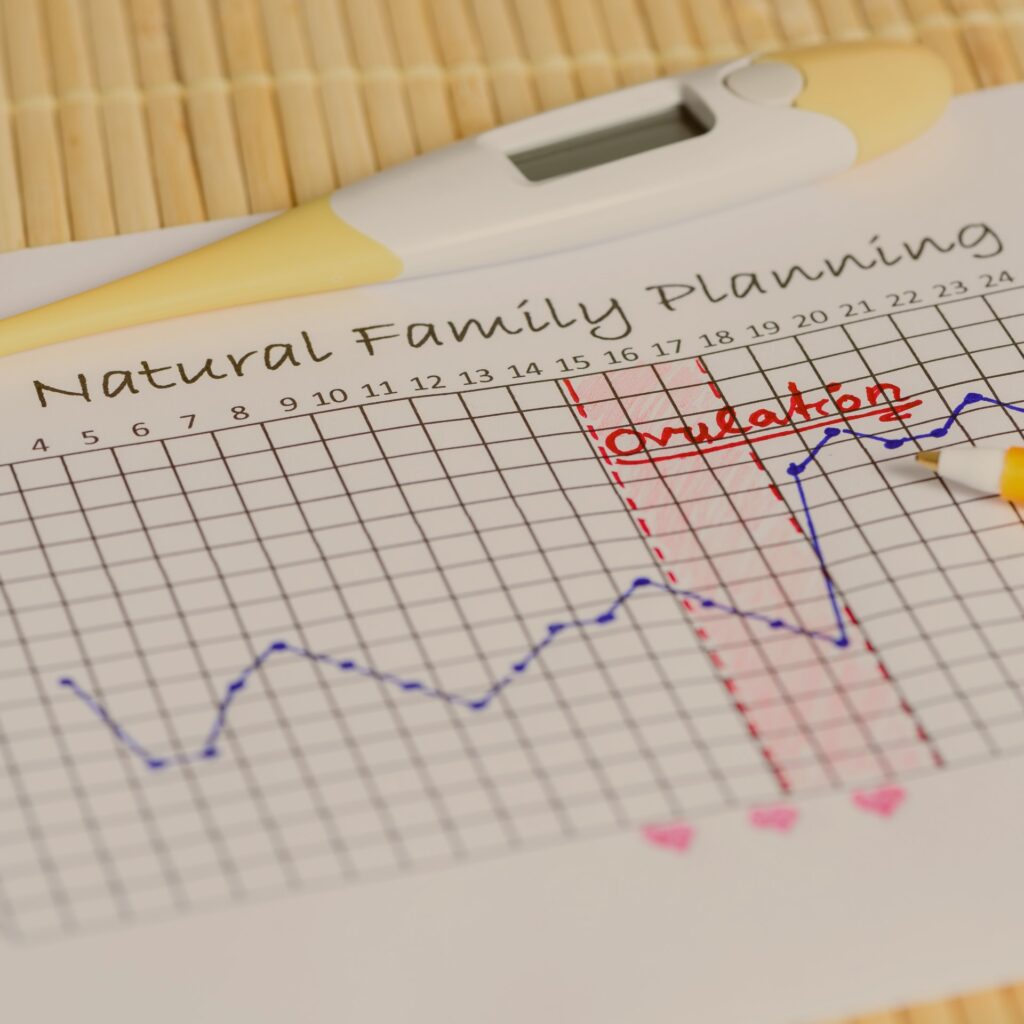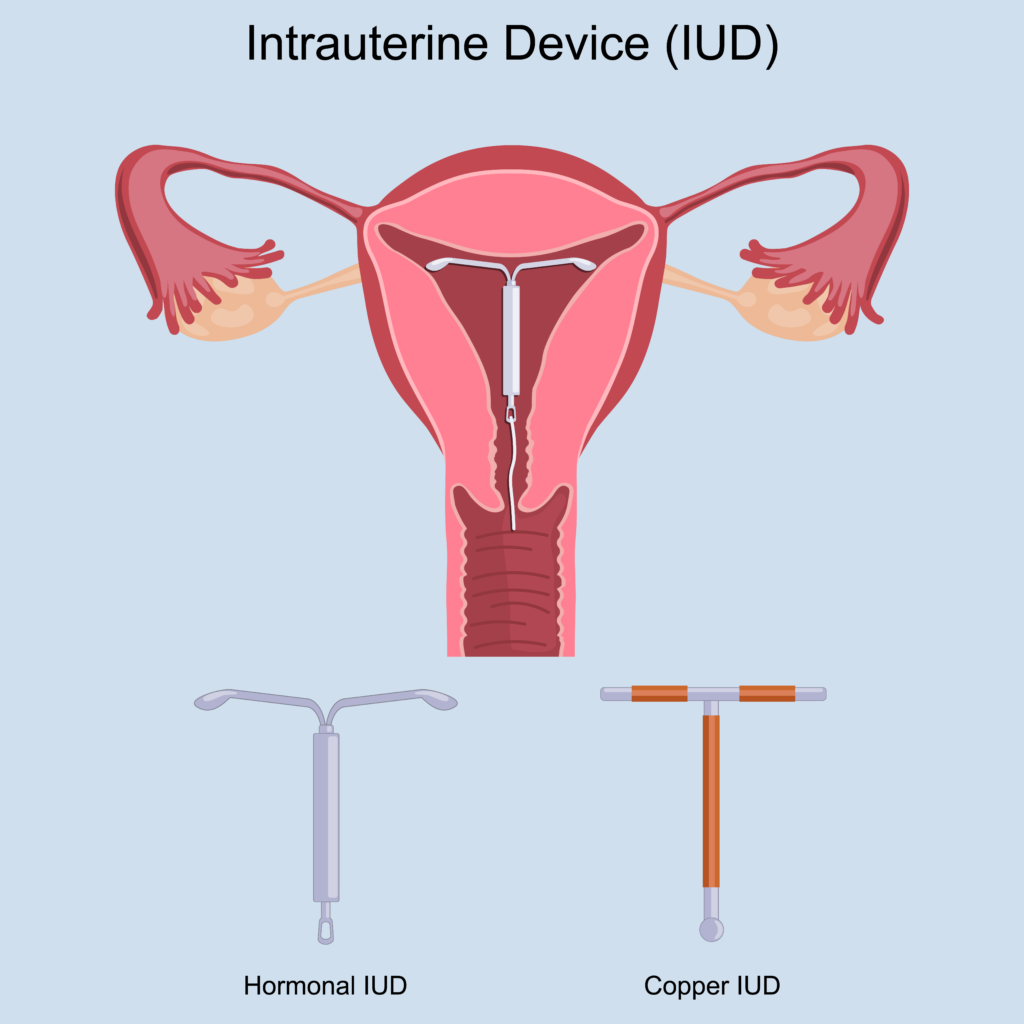
Family Planning
Please Call Dr. Weary’s Office at (719) 571-4500 For an Appointment
Dr. Weary's Specialties
Pre-Conception Counseling
Dr. Weary wants to make sure that there’s nothing that we need to address to optimize her health before she gets pregnant.
In preconception counseling we will discuss the patients basic medical history:
- Reviewing relevant family history and its impact on pregnancy and baby’s health
- Discussing optimal timing for pregnancy and understanding conception with the menstrual cycle
- Recommending initiation of prenatal vitamins and essential healthy behaviors prior to conception


Birth Control
Natural Family Planning: A foundational method for controlling conception
- Using menstrual cycle timing and body signals to avoid intimacy during fertile periods
- Harnessing the body’s natural signals for informed decisions about pregnancy.
- Educating patients on their most fertile times in the menstrual cycle.
There are also some wonderful natural family planning classes that Dr. Weary can help direct patients towards if natural family planning is consistent with their beliefs and desires.
Contraception:
- Barrier methods are just a way to keep the sperm from meeting the egg.
Condoms are the most common, but diaphragm is also another form of barrier contraception.
Birth Control Medication
The other big category of contraception has to do with stopping a normal ovarian and ovulatory cycle.
These hormones act to interrupt the normal interaction between the hypothalamus in the brain, the pituitary in the brain, and the ovaries.
These methods of delivering hormones to the body may include:
- Pills
- Shots
- Patches
- Vaginal Rings
Specifically, these medications are trying to stop ovulation, that is stop the ovary from releasing of the egg.When no egg is released, conception does not happen.

Inter-Uterine Devices (IUD’s)
Another form of contraception is an inter-uterine device. An IUD is a little piece of plastic that’s placed and left in the uterine cavity.
There are two kinds of IUDs. One of them has copper on the arm of the device, and the other has progesterone on the arm of the device.
- Thickening of cervical mucus creates a physical barrier preventing sperm from passing through the cervix.
- Blocks sperm from reaching the uterine cavity and fallopian tubes.
- Without sperm, fertilization of the egg does not occur.
- IUD’s induce a sterile inflammation within the uterus.
- Body’s natural defense mechanism attacks the sperm that manage to bypass the barrier
- Acts as an advanced form of spermicide, enhancing contraceptive effectiveness.
IUD Side Effects:
- Copper IUD side effect: Increased menstrual flow and heavier periods.
- Progesterone-laden IUD side effect: Decreased menstrual flow and lighter periods.
- Progesterone IUDs used for heavy periods: utilized as a treatment option for managing heavy menstrual bleeding.
- Some choose progesterone IUDs primarily for treating problematic periods rather than for contraception.


